Within the next few days, a new book will be going to press: Diana Kodner Gökçe, author of Handbook for Cantors, Third Edition and a good friend and colleague of many years, has written a short book called Why We Sing: A Musical Guide for Catholics, aimed at helping address some of the questions and hesitations your average “pew person” often has about singing during liturgy. It’s a great little book, sized (and priced!) for buying in quantity, so you can give copies to a lot of people–and a lot of people need this book. The crux of its point is one anyone who’s made it here to the blog doubtless already knows: the assembly’s singing voice is a crucial part of the liturgy, and every voice is important, and singing is just part of what we do, all of us, not just “musicians.” (By the way, singers are musicians too. Please, if you’re reading this and you didn’t know, spread the word: Musicians are makers of music. Some of them are singing musicians, others are musicians who play instruments. Spread the word. Please lovingly correct the next person you meet who uses the expression “the singers and the musicians,” as though they are two different things, because it’s insulting. Singers are musicians. Thank you.) But many, many people, for many reasons, are uncomfortable doing it. And it’s part of our job to help them.
Interestingly enough, even as this book is in its final stages of production, I came across this column by Bob Batastini, retired senior editor at GIA for many years, written way back in 2001. He used to write a short column at the front of every GIA Quarterly magazine for years, wonderful conversational (and often curmudgeonly) pieces of writing that were almost always full of wisdom. And lo and behold, here is one addressing very much the same issues Diana’s book is getting at. I’m reprinting it here in its entirety.
The article ends with a challenge and a question. I’d love to hear your thoughts on how you might answer it, and what you do to help the “non-singers” in your parish learn to be comfortable with their own God-given voices…Drop a comment and let us know!
–Jennifer
******
“We are the Church,” by Robert J. Batastini
In all my years as a pastoral musician, I have never been able to overcome the discouragement that seizes me when I gaze across the singing assembly and see so many persons who neither pick up the book nor make any attempt to enter the song. Whenever I address the assembly before Mass, asking everyone to open the hymnal to a certain number, only to have an entire family in the front pew look as though they didn’t hear me, it is for me one of the most disturbing experiences associated with being a pastoral musician.
I used to think that some sort of arrogance was the basis for such behavior, I but have long ago discarded that harsh judgment. I’m sure that some don’t sing because they dislike the music, or because they are at “that age” when they’d rather be dead that be caught by one of their friends singing in church, and there are those who just don’t get it—they believe that community singing is not important, so let the choir do it. I’m reasonably certain, however, that these reasons account for a mere fraction of the non-singers in the assembly.
Our society seems to be obsessed with winning. It’s not how you play the game that matters. We’ve all seen the little league mom or dad who totally loses control over an incident in a game played by ten-year-olds. Professional sports certainly has its share of individuals who regularly display questionable behavior in their (well publicized) personal lives, but all we seem to care about is how many points they can score…Winning is so important, and winners are so exalted, that being less than a winner makes one a loser, and losing is embarrassing. How do we avoid this embarrassment? Simply, don’t play the game. Kids who are not good at sports often avoid playing sports—even though they could conceivably have fun—because they are intimidated by thoughts of the ridicule that comes with dropping the ball that is thrown or hit to you, or consistently missing the basket. We’re afraid to do things that we are not very good at doing, because we may look silly, or weak, or deficient in the eyes of those who observe us. Yes, and this includes singing in public.
I am convinced that the majority of the non-singers in our assembly would declare unequivocally, “I can’t sing.” What makes some people so certain of this inability to sing? Firstly, I suggest that it’s because the expectations are disproportionately high. To “sing,” in so many minds, is to engage in a solo activity and is not something done primarily as a group experience. It seems as though people feel that because they don’t have a “solo” voice, they should never sing at all.
Secondly, I believe a lot of adults suffer from some childhood experience that forever deprived them of the experience (and right) of singing. Perhaps it was a music teacher who pronounced a verdict on the individual that he or she should just mouth the words. Perhaps it was teacher, family member, or peer reactions to the male changing voice that intimidated the adolescent and initiated a lifetime moratorium on all attempts to sing. It is almost a form of child abuse to forever silence a child’s singing voice because of an inability to match pitch. It is malpractice for a music teacher to fail to work with such a child. (Pitch problems with young children can be corrected in almost all cases. It just takes a little effort. Yet one wonders what effect the current shortage and/or poor quality of music education programs in many areas will have on assemblies of the future.)
Thirdly, I believe family pressure (intimidation once again) has silenced many an adult voice. I can just hear the barely post-pubescent child announcing how embarrassed he or she is when “dad tries to sing in church.” Dad, in a never ending desire to keep peace, and keep his children going to church, simply gives up.
Singing is as natural a human experience as speaking. Very few of us have the speaking voice of a public orator—some are high pitched, some are raspy, nasal, have peculiar cadences, or speech disabilities—and yet none of us chooses not to speak. Similarly, very few of us have singing voices worthy of solo performance. Would that this didn’t stop us from singing any more than a nasal quality stopped us from speaking. Not everyone is a candidate for the formal choir, but absolutely everyone in the building has a seat in the big choir we call the assembly.
We are the Church. We do not eliminate the weakest link, we strengthen it. We do not banish the defeated, we welcome them. We do not dismiss the underachievers, we support them. This is the Church, and both the Bible and liturgical tradition call for us to be a singing church. Everyone has a right to sing and is encouraged to sing, no matter what they sound like. Everyone has an obligation to sing. And anyone who teases, or attempts to intimidate another for their singing attempts is out of line—way out of line.
Real winners are those who will overcome the fear of potential embarrassment and do what the Scriptures and the liturgy repeatedly call upon us to do. The question of the day is, How can we now give permission to those who have—in one way or another—had the permission to sing denied them in the past?
(“We Are the Church,” from GIA Quarterly issue 13.1, Fall 2001)

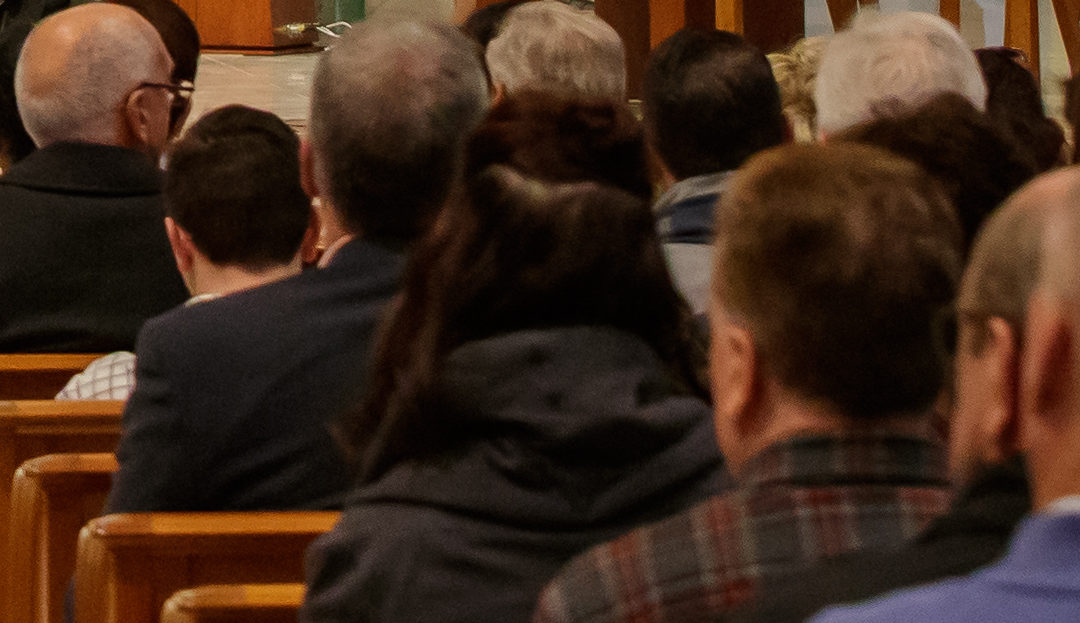


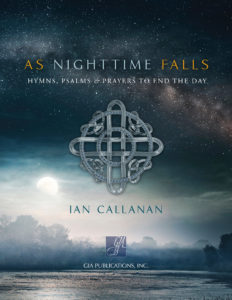
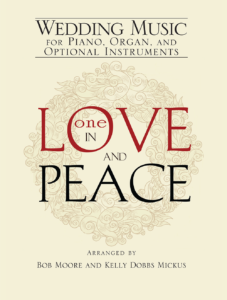
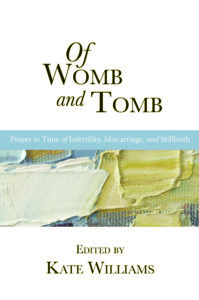
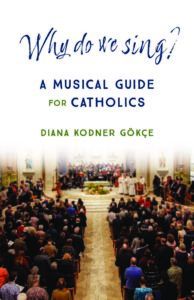
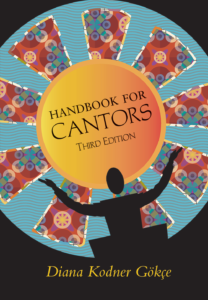

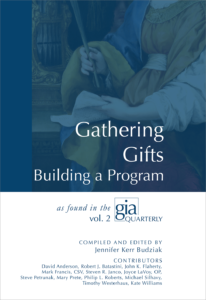

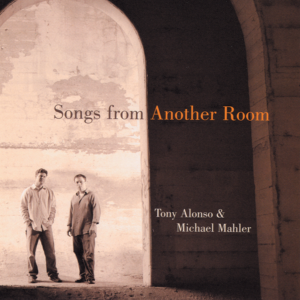



My kids frequently karaoke at local water holes, but smirk and smile when singing Silent Night at the end of a Christmas dinner prayer. Yet, YET, we all sing happy birthday and sto lat with gusto, off key but family harmony. Church singing is not part of the Catholic DNA. Celebrant and organist sang in Latin while the laity prayed the rosary for 400+ years. It is great to hear the assembly’s voice. I’ve been retired for 8 years and have subbed in 30+ archdiocesan parishes, but only a handful had a vibrant song. Maybe check out other Christian religions, where there is a long history of vernacular singing All stanzas.